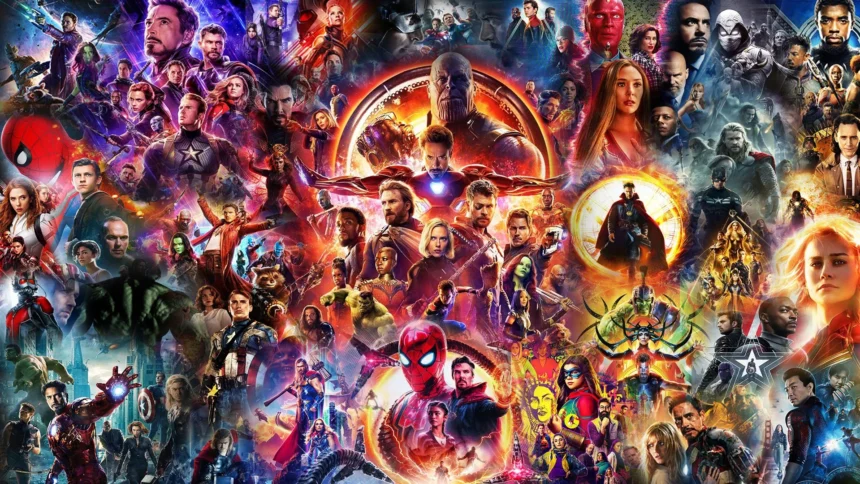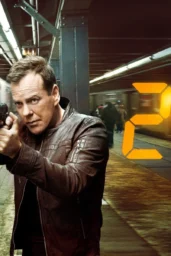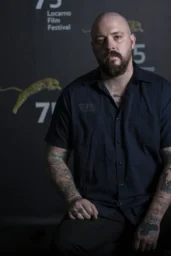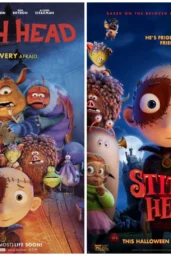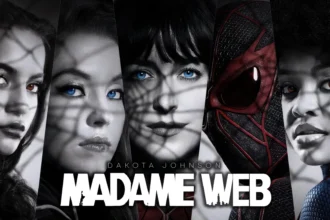Some words land with the subtlety of a hammer, and Ravi Ahuja's recent statement at the Bank of America conference did exactly that: “You can't make a bad movie.” He was talking about superheroes, but really—he was talking about survival. For years Sony's Spider-Man Universe (or the clunky SSU, once called SPUMC) has limped forward with more headlines about memes than milestones. “Morbius” became a punchline. “Madame Web” evaporated on arrival. “Kraven the Hunter” (released December 2024) closed the circle with a whimper, not a roar.
The irony? It all began promisingly with 2018's “Venom.” Ruben Fleischer's gleeful chaos turned Tom Hardy's Eddie Brock into an unlikely cultural icon. Then came the diminishing returns—2021's “Venom: Let There Be Carnage,” 2022's “Morbius,” and last year's “Venom: The Last Dance.” Sony wanted a shared universe. What it got was a graveyard of rushed scripts and missed opportunities.
Ahuja didn't sugarcoat it. He admitted the obvious: in the mid-2010s, the bar for superhero films was embarrassingly low. Throw a cape on it, and the box office followed. Now? Audiences are overfed and underwhelmed. Marvel itself is feeling the fatigue. To compete, Sony has to craft not just movies, but cultural events. Something original, something emotional—something that justifies the price of a ticket and the trouble of leaving Netflix for a night.
There's hope on the horizon, though. Sony is doubling down on safer bets. “Spider-Man: Brand New Day” is currently filming and expected in 2026, keeping the Peter Parker juggernaut alive. Nicolas Cage is suiting up for Amazon's “Spider-Noir” series next year—an idea so strange it might just work. And, of course, the one project nobody wants to see fumbled: “Spider-Man: Beyond the Spider-Verse,” arriving in 2027. The animated films have done what live-action hasn't—made Spider-Man feel vital again.
Still, Ahuja's comments echo a larger truth: cinema is back to demanding scale and spectacle, but also soul. People don't leave their homes for mediocrity. They leave for events. A festival premiere in Cannes that sparks chatter. A bizarre Nicolas Cage noir experiment that sounds too wild to ignore. A Spider-Verse sequel that looks like pure pop-art painted across the multiplex screen. That's the threshold now.
What's left unsaid? Sony burned through years of audience goodwill chasing universes that no one asked for. Maybe the lesson is less about not making bad movies and more about remembering why people fell in love with these characters in the first place.
What Sony's Shift Really Means
The SSU experiment is over
After “Kraven the Hunter” (December 2024), Sony hit pause on its shared Spider-Man universe.
Audiences want originality
As Ahuja admitted, superhero movies must now offer emotional connection and cultural weight, not just spectacle.
Spider projects are the lifeline
“Spider-Man: Brand New Day” (2026) and “Spider-Noir” (2026) aim to restore credibility.
Animation still leads the pack
“Spider-Man: Beyond the Spider-Verse” (2027) remains the crown jewel—Sony's one unbroken streak of triumph.
The event film is king
Only movies that feel like cultural events can truly pack theaters today.
So—do you still believe studios can rebuild trust with just a Spider-Man safety net, or is the genre too far gone?

